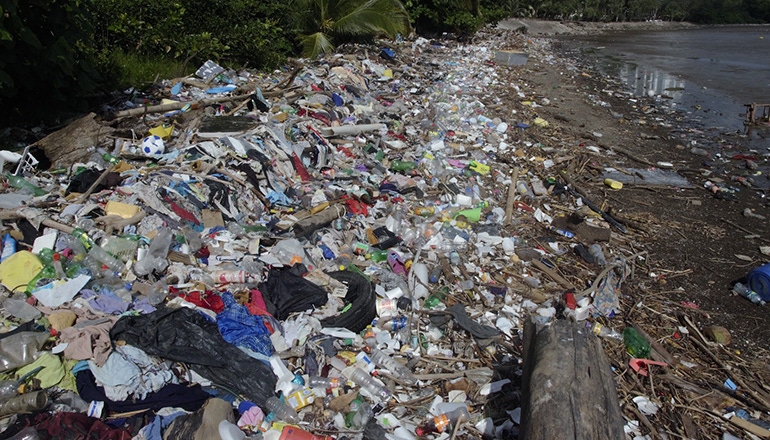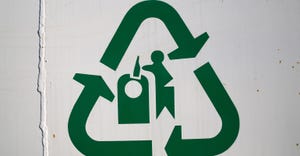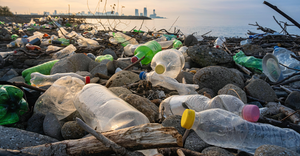The program incorporates a four-pillar, hands-on approach—Education, Policy, Infrastructure and Cleanup—to catalyze worldwide action around plastic pollution-free lands and oceans.

The Ocean Legacy Foundation, a Canadian nonprofit organization founded in 2014 with the goal to end ocean plastic waste, announced the launch of E.P.I.C. It's a plastic pollution emergency response program that incorporates a four-pillar, hands-on approach—Education, Policy, Infrastructure and Cleanup—to catalyze worldwide action around plastic pollution-free lands and oceans.
The E.P.I.C. program targets ecologically sensitive locations and communities that have a plastic pollution crisis, as well as inadequate management capacity for solid waste and plastic pollution. The program assists with the restoration of natural ecosystems for improved human and wildlife health, as well as develops long-term plastic collection, processing infrastructure and policy to mitigate oceanic plastic pollution sources.
The Ocean Legacy Foundation works with communities that are in a plastic pollution crisis through an emergency management system (EMS) that incorporates mitigation, prevention, response and recovery measures. The EMS takes a systematic approach toward hazard assessments and strategic planning to minimize the impact of risks to marine life, property and the environment. This system provides the foundation for coordinating and integrating all activities necessary to build, sustain and improve the capability and capacity to mitigate, prepare and plan for, respond to and recover from threatened or actual plastic disasters. The EMS is supported by the four E.P.I.C. pillars:
Pillar 1: Education. The Education pillar provides essential knowledge and skill training opportunities for community members, while providing solutions for a plastic-free environment.
Pillar 2: Policy. The Policy pillar supports communities in advocating for best practice plastic management strategies to help reduce plastic waste and pollution in your community.
Pillar 3: Infrastructure. The Infrastructure pillar develops recycling systems and technological solutions for your community to create a plastic circular economy.
Pillar 4: Cleanups. The Cleanup pillar is action-based engagement that removes plastic pollution from the environment to create a cleaner and safer place for your community.
The resulting benefits for the E.P.I.C. program include:
Community capacity and employment opportunities
Cleaner and safer ocean and shoreline environments
Landfill waste reduction
Technological innovation
Increased public awareness and engagement
This initiative is receiving an annual fund from Nestle Waters Global for international operations over the next five years, but is looking for additional sponsorship to further its impact. If your community is in a plastic pollution crisis or if you know of a community that requires assistance with plastic management, please visit The Ocean Legacy Foundation's website and apply through the digital portal. Applications are now being accepted.
"The Ocean Legacy Foundation is committed to supporting global citizens and communities ready to engage in plastic management strategies and pragmatic action to achieve plastic-free lands and oceans," said Chloé Dubois, co-founder and president of the Ocean Legacy Foundation, in a statement. "We look forward to working with community members in need of plastic management solutions with this holistic approach to end plastic waste."
About the Author(s)
You May Also Like


